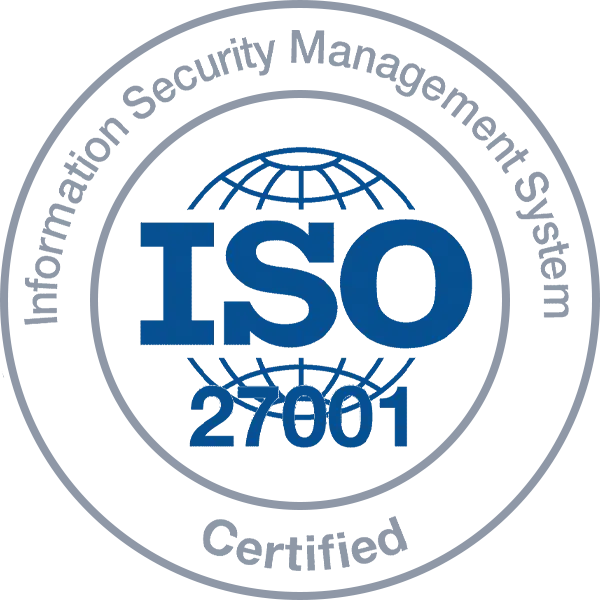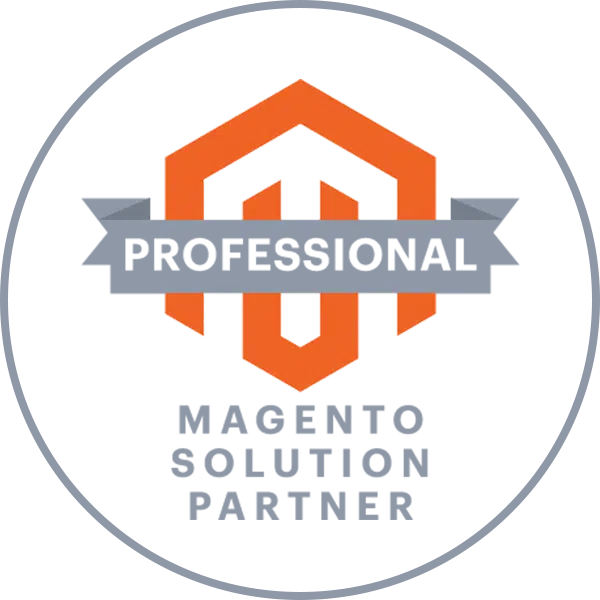In recent years, it has become particularly evident that among knowledge workers in industries like software development, remote work has evolved into the new norm.
Despite initial concerns about productivity loss and communication challenges, many companies have found that their remote teams have been able to maintain stable or even increased levels of productivity over time. As a result, traditional arguments against remote work based on productivity concerns have largely become irrelevant.
As businesses continue to adapt to this new reality, it is clear that remote work will play an increasingly important role in the future of work. Embracing this change and developing strategies for effectively managing remote teams will be critical for organizations looking to stay competitive in the years ahead.

So, people have new things to think about.
How can software developers enhance their competitiveness?
One of the main reasons for doubts about remote work is how to maintain delivery quality without supervision. Therefore, a competitive remote development team must be able to deliver satisfactory results to clients remotely.
To achieve this, we should remain vigilant in terms of quality control and attention to detail. Ensuring quality is paramount in delivering successful software solutions. Before submitting any weekly or ad-hoc release to clients, it is essential to have confidence in the build’s stability and functionality. Clients may lose patience and question your ability to deliver if they have to spend a significant amount of time identifying and reporting bugs. In such cases, it is better to delay the release than to submit an unsatisfactory build that does not meet their expectations. Another point, attention to detail is crucial in building a successful and long-term relationship with clients. It demonstrates your commitment to excellence, reputation, and sets you apart from your competitors. By paying close attention to details, you can identify potential issues early on and address them before they become major problems. This approach not only ensures client satisfaction but also helps to maintain a positive image of your organization.

Another commonly criticized disadvantage of remote work is the tendency for individuals to become complacent due to prolonged separation from the workplace environment. While being away from the office can offer certain benefits, such as saving time on commuting, it often results in a gap between oneself and the work environment. This gap is reflected in a decline in problem-solving abilities and the inability to generate creative and innovative solutions. If the remote development team simply reacts to problems presented by clients without considering the root causes, they may soon find themselves at risk of being replaced by more proactive competitors. Also, encountering problems can significantly impact work progress, particularly when decisions require client approval. Before seeking guidance from the client, it is crucial to thoroughly analyze the issue and provide well-thought-out suggestions and solutions based on your experience. It is essential to lead the client by providing direction rather than merely posing questions. By adopting a proactive approach to problem-solving and innovation, you can effectively navigate challenges and maintain productivity in your work.
In summary, the discussion about remote work primarily centers around whether it is possible to maintain work quality in a remote working state. Currently, most companies have required their employees to return to the office for work, but it remains to be seen if this is suitable for all industries. Over the past few years, we have explored new ways of working, and as long as work efficiency and delivery quality can be ensured, remote work will undoubtedly become a new trend in future work arrangements.








